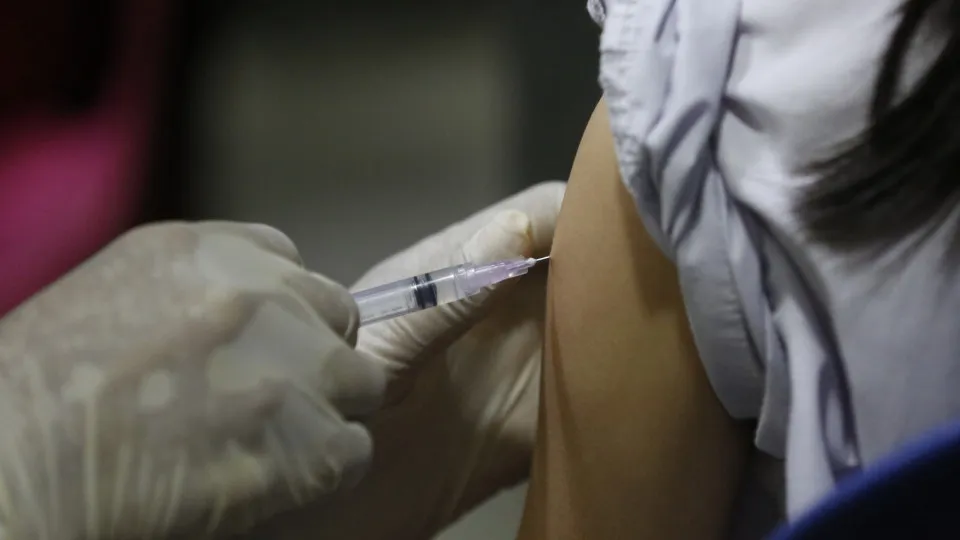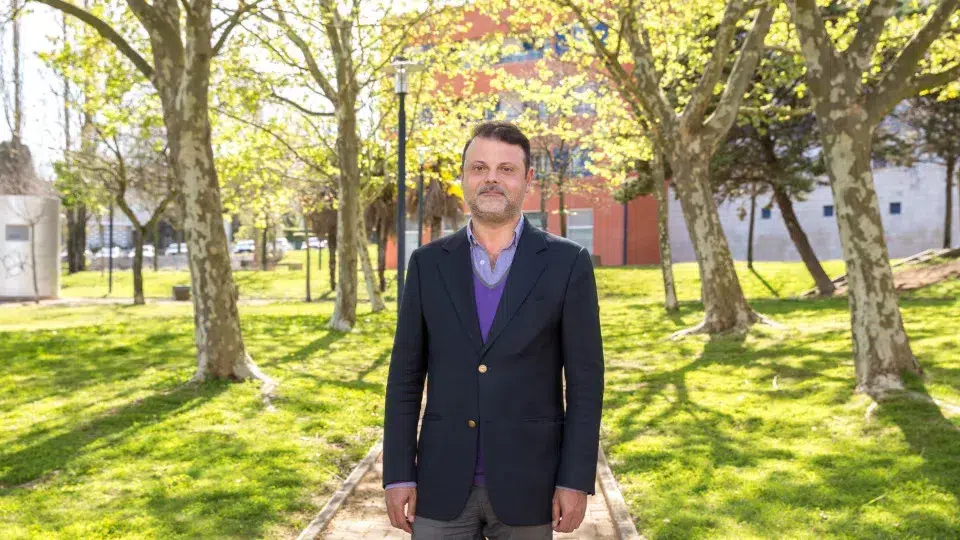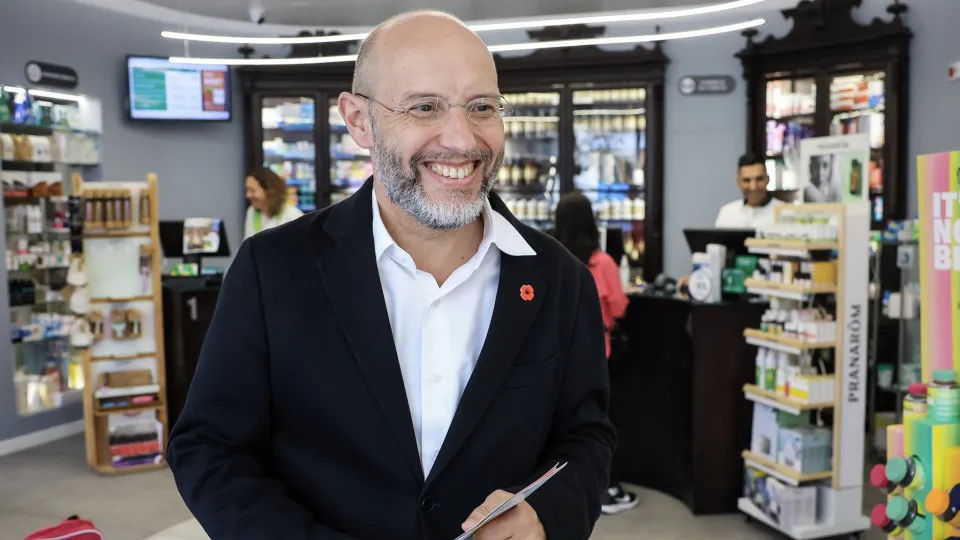
The story of Portugal’s National Vaccination Program, celebrating its 60th anniversary on Saturday, was revisited in an interview with Lusa by former Director-General of Health, Graça Freitas. She took charge of the program when she joined the Directorate-General of Health in 1996 as head of the Infectious Diseases Division.
“Vaccines were indeed an extraordinary discovery for humanity,” stated the Public Health specialist, emphasizing that along with the provision of clean drinking water, vaccines have significantly contributed to creating “health for everyone and preventing many diseases.”
She recalled how in 1965, a group of health professionals, primarily doctors, recognized that Portugal’s health status concerning infectious diseases, like polio, was inferior compared to other European countries, even when vaccines for these diseases were available.
Infant mortality was high, and there were severe diseases, especially in childhood. This prompted the professionals to establish a national vaccination program.
Pioneers of the program included Maria Luísa Van Zeller, the first female Director-General of Health, known as a significant advocate for maternal and child health, supported by doctors such as Arnaldo Sampaio.
“The pioneers were very clever as they thoroughly studied how to create an accessible program for everyone. While vaccines were available, mainly in clinics, they knew they weren’t reaching the entire urban and rural population,” she explained.
The program was designed with a public health vision, aiming to provide individual and collective immunity.
However, the socioeconomic issues of the time and a shortage of doctors posed challenges. In response, a vaccination scheme was established by the Directorate-General of Health, allowing nurses to vaccinate people.
“It was very advanced and progressive, enabling free and universal access to vaccination,” praised Graça Freitas.
The program initially included six vaccines, amongst them those for polio and smallpox, which were “terrible diseases that claimed many lives.”
An intense vaccination campaign in 1965 resulted in over three million doses of polio vaccines administered to children up to nine years old in Portugal, marking the beginning of the program’s “great success.”
“It was a well-conceived program (…) allowing people to witness the disappearance of polio in Portugal within a year,” she emphasized.
The endeavor was “an extraordinary exercise” in combining science with communication, education, and public acceptance of vaccination. This led to high vaccination adherence continuing to this day, with over 98% of children vaccinated in their first year of life.
“Today, parents vaccinating their children have themselves been vaccinated. There is continuity and social participation in vaccination, which is significant,” she highlighted.
The improvements reflected in all health indicators. “In the 1960s, the average life expectancy was 60 years. Today it exceeds 80,” largely due to vaccination, which eliminated diseases, reduced mortality and hospitalizations, and prevented suffering and sequelae.
According to INE data, Portugal recorded an infant mortality rate of over 76 deaths per thousand live births in 1960, which fell to around three in 2024.
Graça Freitas recounted that upon assuming control of the program, she identified potential for growth and advocated for the creation of “strong vaccination technical committees,” facilitating the introduction of new vaccines, updating schedules, and enhancing the program’s sustainability.
She noted that each vaccine was meticulously analyzed for cost-effectiveness and future impact, highlighting the Infarmed’s role.
Graça Freitas also paid tribute to those who made the program possible: “We owe immense gratitude to the nurses who ensured universal access to vaccination and to the families who, generation after generation, maintain trust in this program. It is a societal project for the society’s benefit.”
Despite advances, Graça Freitas cautioned that vaccination should not be taken for granted: “Diseases have not disappeared, except for smallpox. Viruses continue to circulate in other countries and can return, making it crucial to maintain high coverage rates and trust in the program.”
Reflecting on the past, Graça Freitas described her involvement in the program as “an honor and a privilege,” calling it “the project of her life.”




